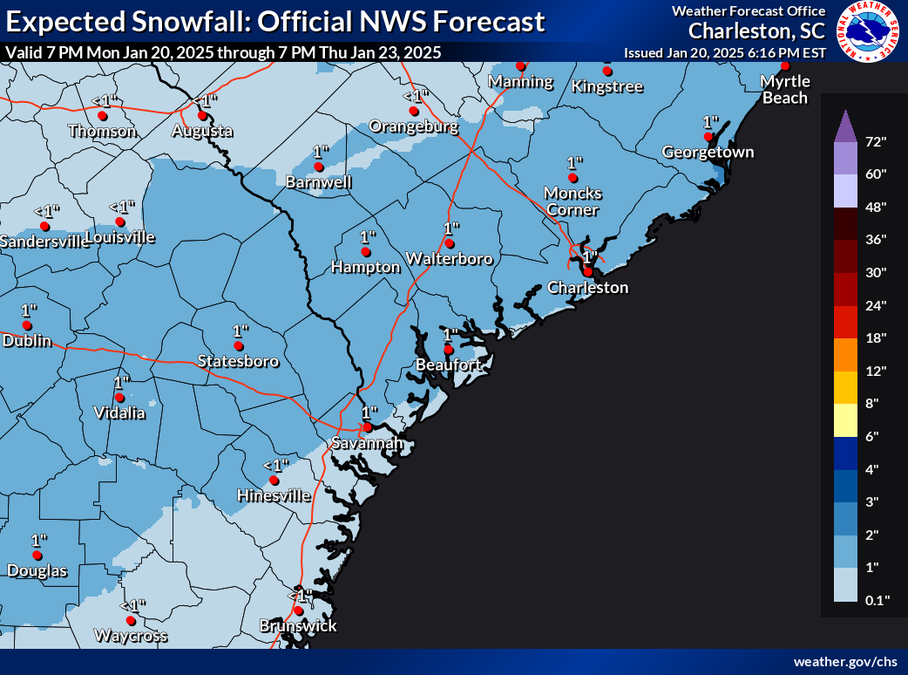People may be surprised that they can play a direct role in the fight against cancer, and it’s easier than they might think. By donating platelets or blood through the American Red Cross, donors can share their strength and help patients kick cancer.
Platelets are tiny cells that form clots and stop bleeding. About 2 million units of platelets are transfused each year in the U.S., and more than half of all donated platelets go to cancer patients.
“Some cancers and certain types of chemotherapy drugs and radiation can damage bone marrow, where red blood cells and platelets are produced,” said Dr. Pampee P. Young, chief medical officer, American Red Cross. “Cancer patients often require blood products during treatment or after surgical procedures. Platelet transfusions, in particular, are needed to prevent life-threatening bleeding and help cancer patients continue receiving lifesaving treatments.”
Because platelets must be transfused within just five days from the time they are donated, platelet donors have the power to help save up to three lives within days of their donation.
In addition to cancer patients, platelets and blood are needed every day for lifesaving surgeries, traumas and those living with blood disorders. The Red Cross must collect more than 2,500 platelet and about 13,000 blood donations every day for patients at about 2,500 hospitals nationwide. In the Southern Blood Services Region, 105 platelet and 568 blood donations are needed each day.
Platelet donation is available at the Savannah Donation Center, 25 Tibet Ave. Savannah, GA 31406
During a platelet donation, blood is collected by a device that separates platelets, along with some plasma, from whole blood, and the remaining blood components are returned to the donor. The entire process takes about two to three hours, and donors are encouraged to relax during the donation – Netflix, videos, television and wireless internet are available. Platelets may be donated every seven days, up to 24 times a year.
Blood donations can be made at the following upcoming blood drives:
Hinesville
April 11: 10 a.m. - 3 p.m., City of Hinesville, 115 East M.L. King Dr.
April 18: 10:30 a.m. - 3:30 p.m., Hinesville Public Library, 236 West Memorial Drive
Jesup
March 20: 10 a.m. - 3 p.m., Jesup Health and Rehab, 3100 Savannah Highway
April 5: 2 p.m. - 7 p.m., VFW Post #4583, 436 Project Street
April 10: 9 a.m. - 2 p.m., C. Paul Scott Polytechnical Building, 1777 West Cherry Street
April 15: 2 p.m. - 7 p.m., Calvary Baptist Church Jesup, 415 East Cherry Street




